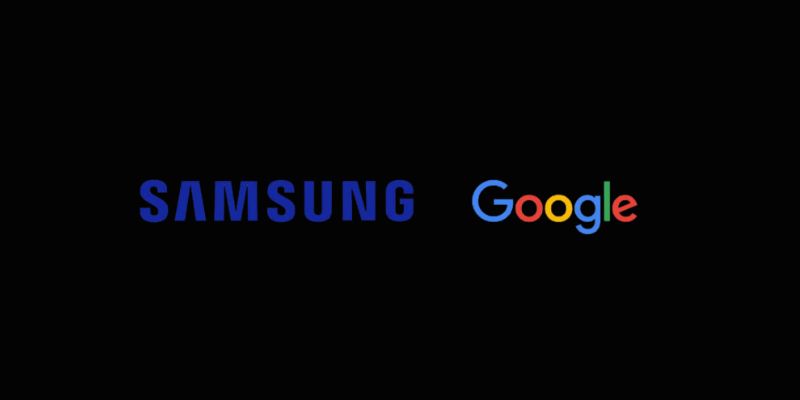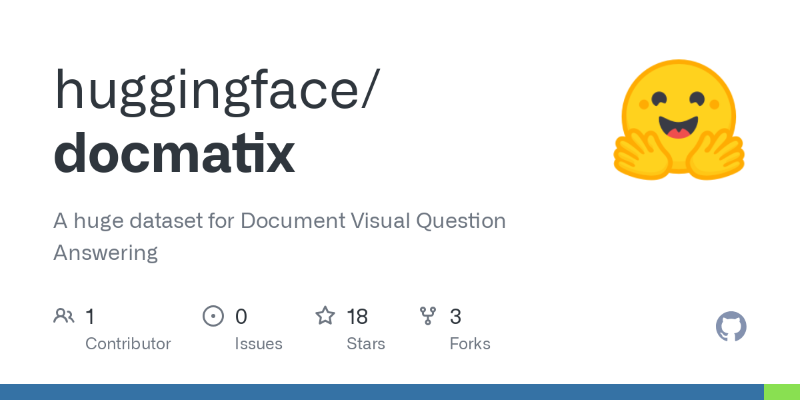Advertisement
Google is under mounting pressure to enhance its mobile search tools with advanced artificial intelligence. One of its most valuable Android partners, Samsung, is reportedly exploring alternative search providers. As AI rapidly transforms digital experiences, Samsung may seek solutions that deliver smarter, faster, and more personalized results. AI integration is no longer optional in this environment—it's essential.
Competitors are already gaining ground by offering superior mobile search experiences, and a potential switch by Samsung could disrupt Google's long-standing dominance in mobile search. Google must fully leverage its AI capabilities to deliver cutting-edge search functionality to stay ahead. Failing to act decisively could cost the company a critical hardware partner and billions in advertising revenue. Strengthening its AI-driven search experience is key to maintaining Samsung's loyalty and securing its future in the mobile ecosystem.

Samsung plays a central role in Google's Android ecosystem. Among all the Android phone manufacturers worldwide, this one is the biggest. Millions of people use Samsung devices to access Google services daily. Google's search engine is the default on Samsung smartphones, generating massive traffic and advertising revenue. That configuration offers Google enormous traffic and ad money. If Samsung changes partners, Google risks losing a major distribution route. With Apple tightly controlling its ecosystem, Android partnerships like Samsung's are critical for Google.
Samsung also shapes trends in mobile technology all around. Developments in its search engine supplier could indicate more general industry developments. Keeping Samsung guarantees that Google will keep its market share. Losing Samsung could provide opportunities for Microsoft or other artificial intelligence search rivals. Strong mobile alliances underpin Google's search dominance. Direct influence of Samsung's ongoing support on Google's strategic and financial objectives. Retaining Samsung addresses long-term survival in mobile search, not only business.

Mobile search users are interacting with artificial intelligence differently. Users now expect fast, personalized answers tailored to their context. Faster, more accurate results are made possible by AI-powered mobile search tools. Mobile users increasingly expect direct answers—not just a list of links. Standard is now voice search, image recognition, and contextual results. Google has to change to match these growing expectations. Already improving mobile search with clever artificial intelligence technologies are other digital behemoths.
Samsung is aware that its consumers seek smarter on-demand. Delivering a sophisticated smartphone search experience while retaining user loyalty is challenging—but AI helps by reducing effort and improving speed. Google has to ensure that its AI technologies run faultlessly on Samsung smartphones. Ignoring mobile artificial intelligence could jeopardize market leadership. Strong artificial intelligence in search enables Google to produce more understandable, relevant results. Maintaining Samsung's happiness with the cooperation depends on meeting mobile user needs.
According to reports, Samsung is under discussion with additional search partners. One choice is Microsoft's Bing, which has been improved with OpenAI integration. Today, Bing offers robust AI-driven answers to mobile search queries. Such an invention may appeal to Samsung. Google loses major mobile traffic if Bing becomes the default search engine. Samsung users create billions of dollars in advertising income every year. Google has to offset this danger with more features. It won't work anymore to rely just on prior allegiance.
Samsung is looking for a partner committed to intelligent, future-focused search technologies. Integrating artificial intelligence into mobile search requires either meeting or surpassing rivals. Google has to show ongoing invention. Samsung's final choice will depend on performance, dependability, and personalizing ability. Should Samsung feel Google lags behind, switching becomes more likely. Stopping this calls for a dedication to advanced artificial intelligence capacity. Google cannot afford to be replaced on Samsung devices.
Google possesses powerful AI systems that are ready for broader deployment. Strong promise exists in Gemini, its generative artificial intelligence effort. Long using machine learning to provide accurate answers, Google Assistant is also. Including these tools in mobile search helps to increase relevance. Google has to harmonize its artificial intelligence systems on several platforms. AI-powered mobile search must deliver a seamless experience across all devices. The standard should be fast, customized answers. Contextual awareness of AI should help it to predict user needs.
Samsung seeks tools to increase daily usability. With the correct approach, Google can provide that desire. AI in mobile search offers a competitive advantage beyond only a technological improvement. Moreover, Google's data advantage enhances the training and performance of its AI algorithms. Smart search based on such data will provide actual value. Ensuring a seamless AI experience will enable Samsung to be persuaded to stay. Google's AI lead has to be more obvious and useful to consumers. It has to show improvement in everyday search results.
Google has to move quickly to maintain Samsung on its side. It should first extensively include artificial intelligence tools in Android search. Instant improvement should be in speed, accuracy, and personalization. Integration of artificial intelligence in mobile search has to be consistent and dependable. For the perfect fit, Google should work closely with Samsung. New features for Galaxy devices have to be perfect. Collaborating on AI beta tests with Samsung would demonstrate Google's commitment to innovation. Google should also provide Samsung users with special AI tools.
Custom experiences help build loyalty. Marketing campaigns should emphasize search's artificial intelligence advances. Users must experience tangible improvements—not just marketing promises. Investment in mobile artificial intelligence infrastructure is vital. Google also has to keep an eye on rival actions. Continually, one step ahead guarantees Samsung's confidence. Retaining Samsung calls for collaboration and openness rather than only technological prowess. Google has to be dedicated to collective creativity. Long-term Samsung support will be guaranteed by trust and progress.
To keep Samsung in line with Android, Google has to prioritize enhanced search experience on cell phones. It is no longer discretionary to strengthen AI-powered mobile search capabilities; it is necessary. Especially in the case of smart device use, Samsung demands great performance and innovation. Google must stay ahead of competitors, enhance user experiences, and continuously evolve its AI capabilities. Maintaining Samsung calls not promises but actual development. Integration of artificial intelligence in mobile search has to provide daily value. Leaders in search driven by artificial intelligence will shape the mobile future. Google has to show it merits that position before Samsung decides otherwise.
Advertisement

How to use ChatGPT for Google Sheets to automate tasks, generate formulas, and clean data without complex coding or add-ons

Can a small language model actually be useful? Discover how SmolLM runs fast, works offline, and keeps responses sharp—making it the go-to choice for developers who want simplicity and speed without losing quality

How Edge AI is reshaping how devices make real-time decisions by processing data locally. Learn how this shift improves privacy, speed, and reliability across industries

What's fueling the wave of tech layoffs in 2025, from overhiring during the pandemic to the rise of AI job disruption and shifting investor demands

At CES 2025, Hyundai and Nvidia unveiled their AI Future Mobility Program, aiming to transform transportation with smarter, safer, and more adaptive vehicle technologies powered by advanced AI computing

How the Model-Connection Platform (MCP) helps organizations connect LLMs to internal data efficiently and securely. Learn how MCP improves access, accuracy, and productivity without changing your existing systems

Know how AI transforms Cybersecurity with fast threat detection, reduced errors, and the risks of high costs and overdependence

How serverless GPU inference is transforming the way Hugging Face users deploy AI models. Learn how on-demand, GPU-powered APIs simplify scaling and cut down infrastructure costs

How does Docmatix reshape document understanding for machines? See why this real-world dataset with diverse layouts, OCR, and multilingual data is now essential for building DocVQA systems

Learn how to compare two regression models with statistical significance for accuracy, reliability, and better decision-making

Learn the difference between SSH and Telnet in cyber security. This article explains how these two protocols work, their security implications, and why SSH is preferred today

Looking for the best way to merge two lists in Python? This guide walks through ten practical methods with simple examples. Whether you're scripting or building something big, learn how to combine lists in Python without extra complexity